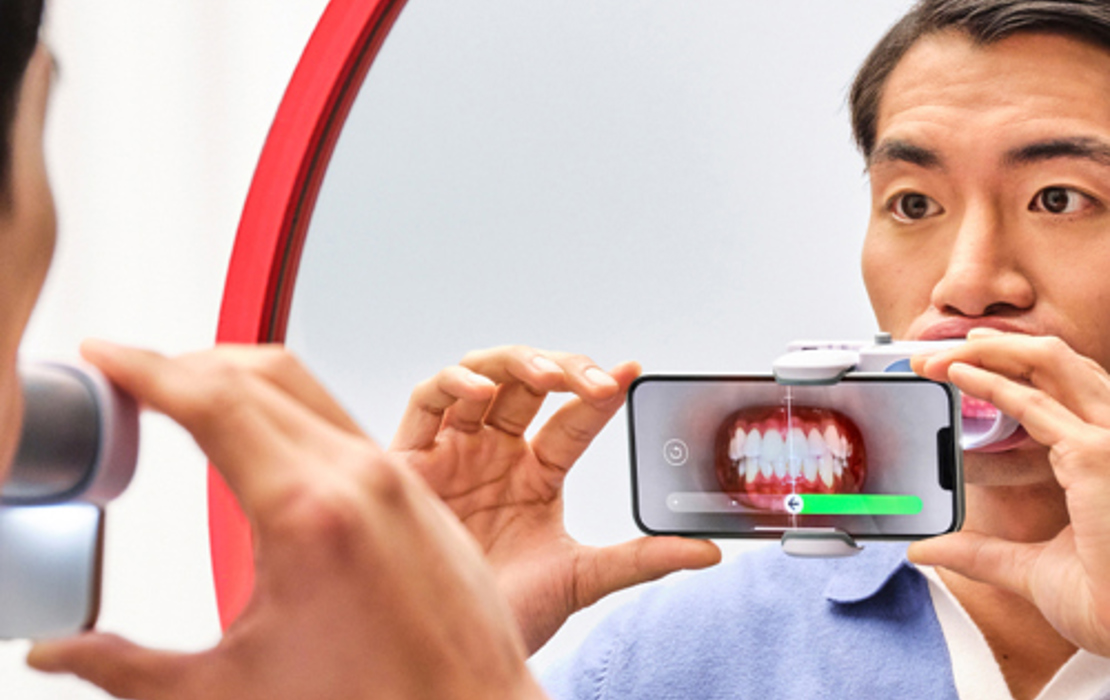Compassion is an inescapable part of our profession
For most of us, the reasons behind becoming dentists are fairly common across the board: we like working with our hands; we like creating beautiful smiles; we wanted to own our own business (for the business owners of the group); and the catch all, we wanted to help people.
For those of us who didn’t grown up in a family of dentistry (I am assuming growing up with a family member who is in the dental field you heard about these things), little did we know on entering dental school and starting out in practice that this would also entail being a shoulder to cry on.
I have had men cry telling me about their late wives.
Last year I had a patient cry to me because she recently had a haircut that ended up shorter than she was expecting, and when she got home, her husband disliked it so much that he told her “if I had known what you were going to end up looking like, I never would have married you in the first place.”
A couple of years ago a patient closed the treatment room door to speak with me privately, and he teared up as he asked me for “just a few Norco.”
I have had people cry with happiness when I show them their new smile. I have had numerous patients cry because they couldn’t afford the treatment they truly wanted. And of course I have had throngs of patients cry out of pain, shame, and or embarrassment at the condition of their teeth.
I have sent patients condolence cards and flowers when they have lost loved ones. I have heard from staff members who give patients gas money when they didn’t have enough to get back home from an appointment. I have gone to see patients in the hospital when they have had to go to be admitted due to out of control dental abscesses.
And even as I sat to write this, I had to pause and see a patient for a filling...and noticed cuts up and down her arms.
I have been in practice eight years, plus a year of residency, and still, when I see that first glimmer of a tear in a patient’s eye there is a part of me that panics a little as I quickly process what the cause of the tears is, and what I can best say to help them.
I never would have thought I would end up being an assemblance of a therapist for people. It's very humbling to have grown people cry to you about their pain, whether it be dental in origin or not. It’s humbling, and at times terrifying, that I won’t say the right thing to help, or worse, that I will say something that worsens the situation.
We are NOT trained for this at all. For those of us who are naturally compassionate, this just wakes up that spirit already in us, but for those of us who aren’t, it’s a muscle we have to learn to build because it’s an inescapable part of our job.
Being a quasi-therapist is an almost a daily occurrence for me, working in a community health center, where we have patients come in pain due to dental neglect. There are days when I feel like I rise to the occasion and become a balm for their tears, and days when I am hurting myself for whatever personal reason and inside I’m thinking “Oh brother… I gotta deal with this again…” and yet I have to put my feelings aside and be that shoulder to cry on for my patients even though that was not in the job description.
We have a spectacular, multi-faceted chosen profession. We get to be all the things we expected to be, and so much more.
Dr. Elizabeth Simpson is a works in two Federally Qualified Health Centers in Anderson and Elwood, Indiana.
This article originally appeared Sept. 15 in the New Dentist Now, newdentistblog.ada.org.



